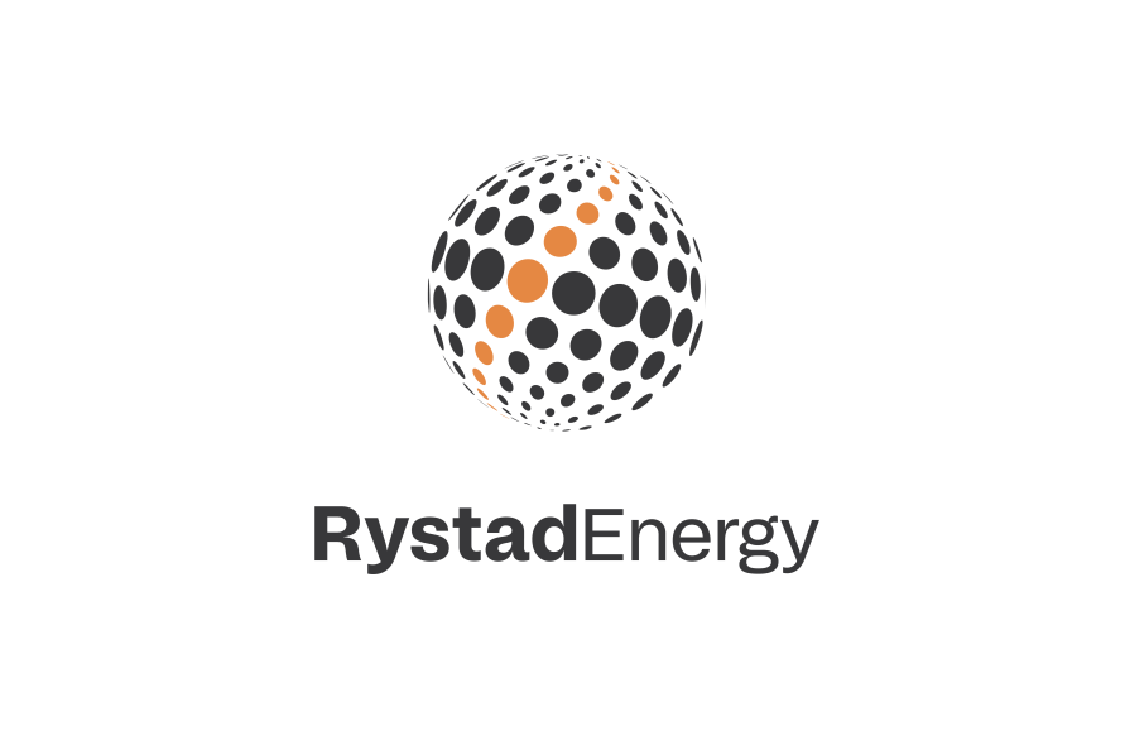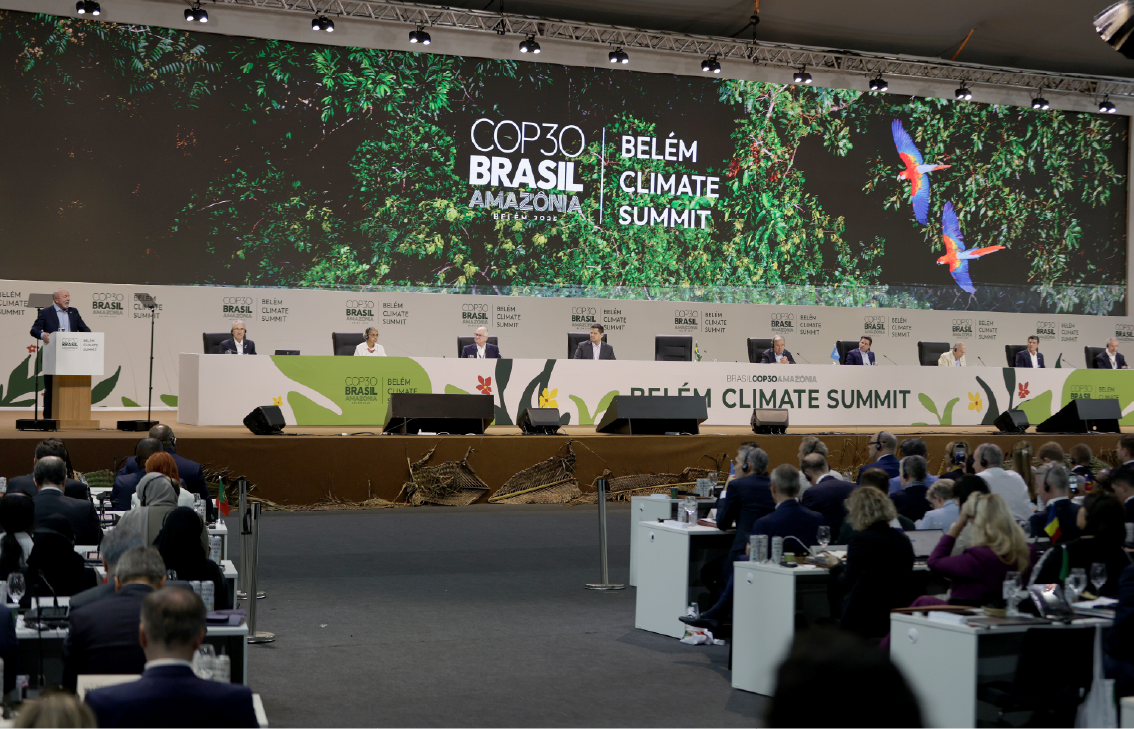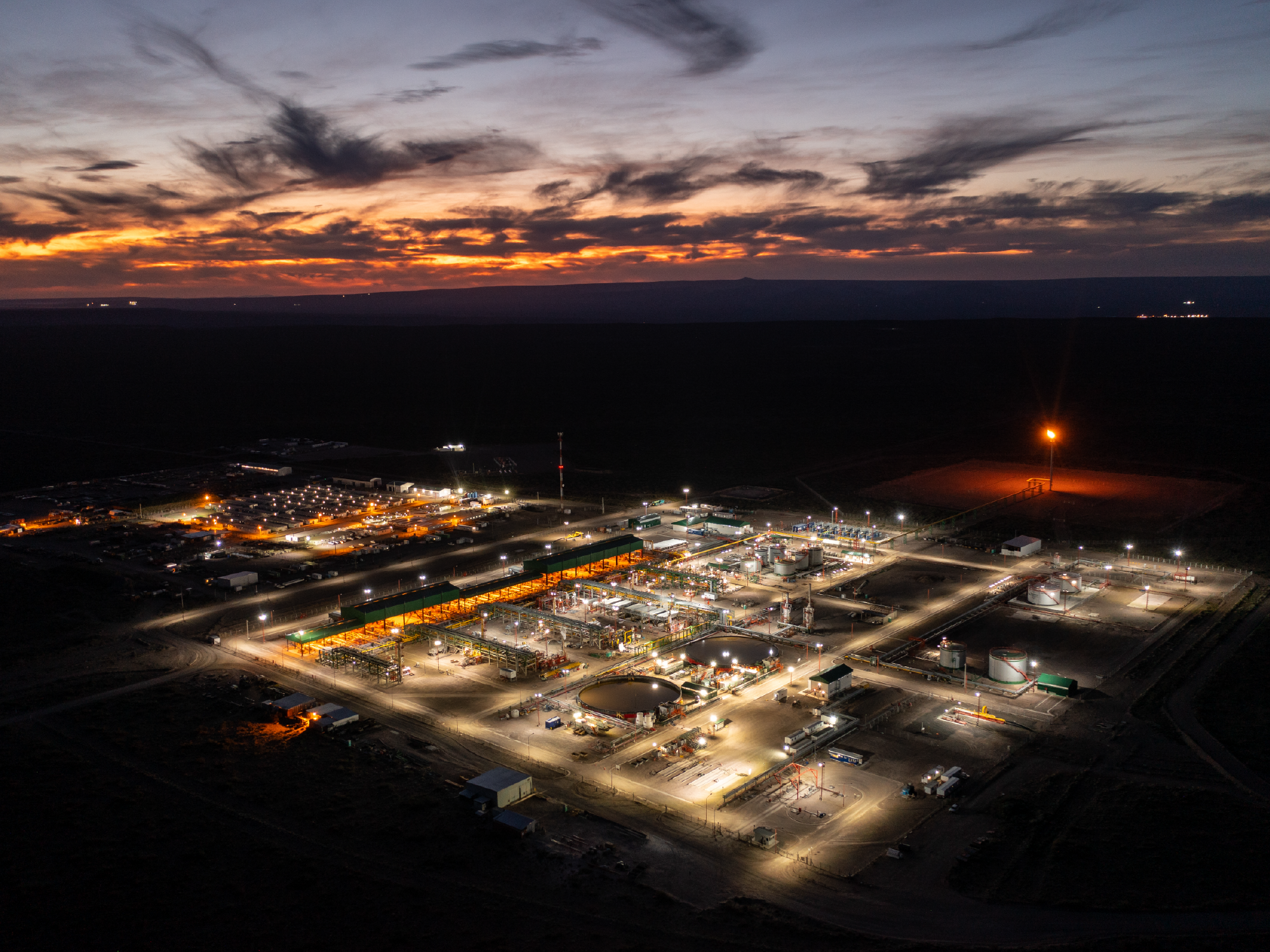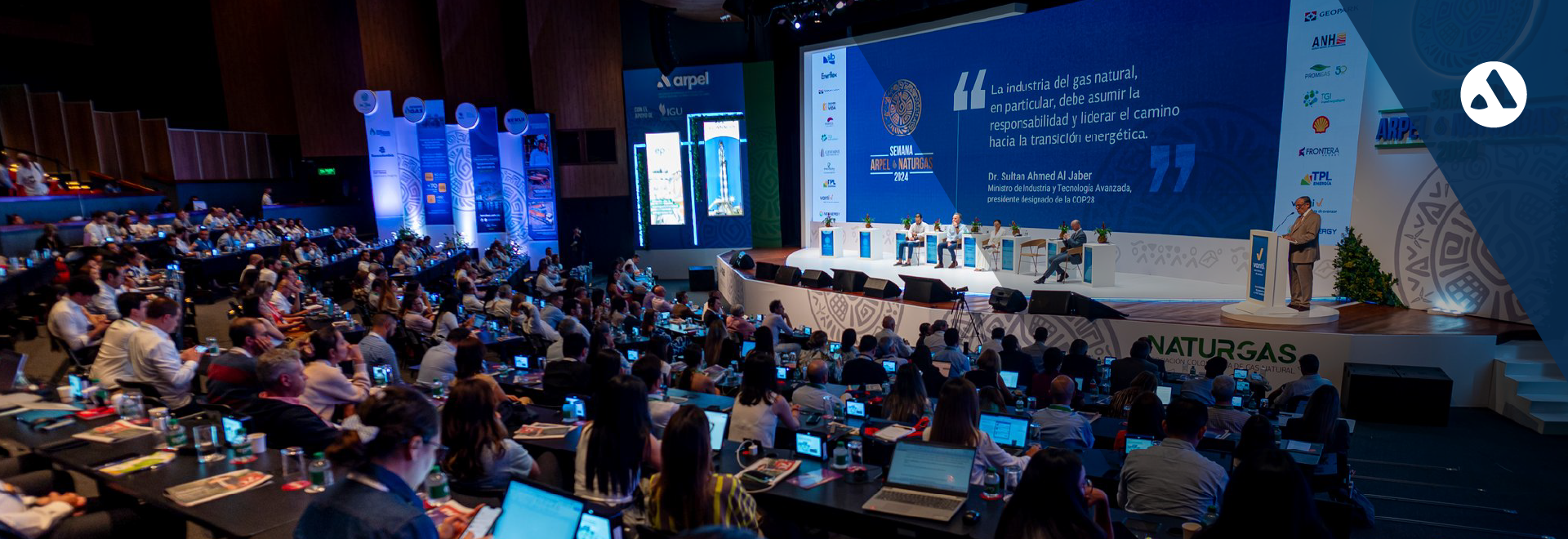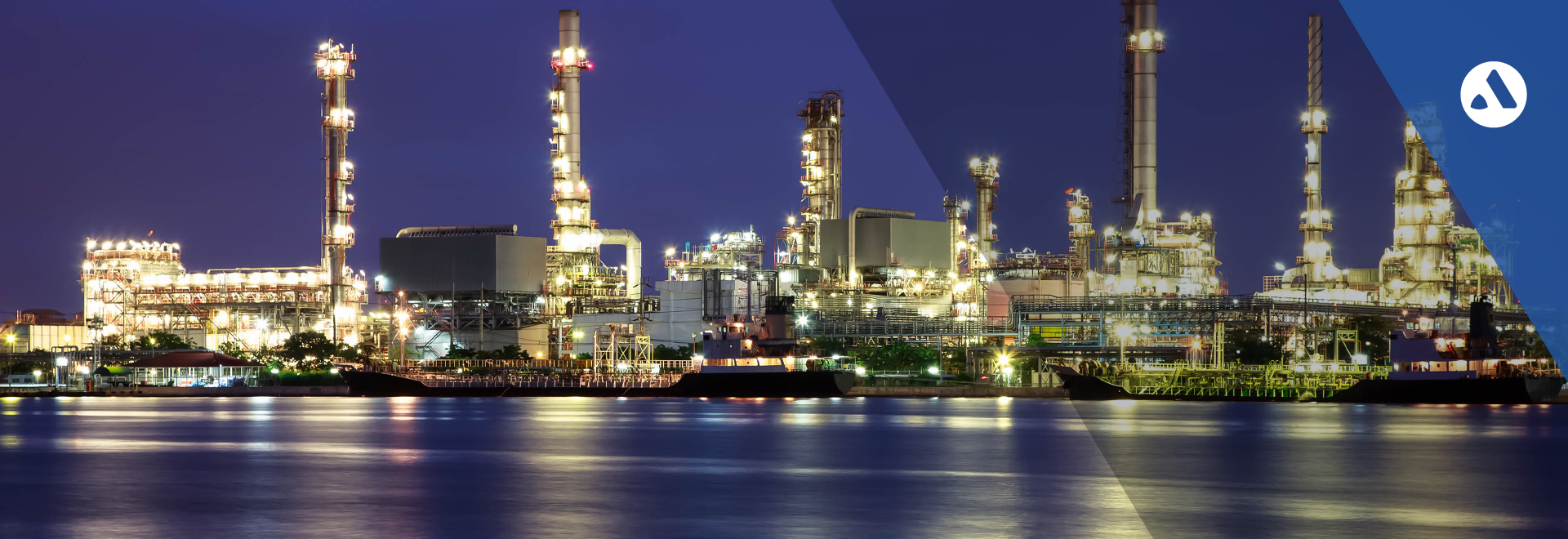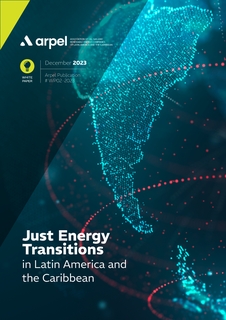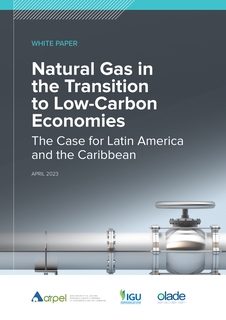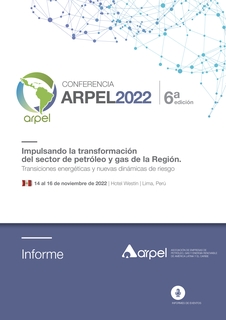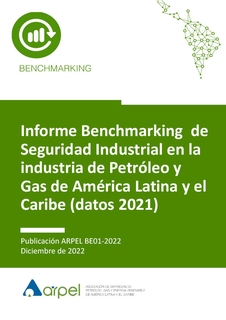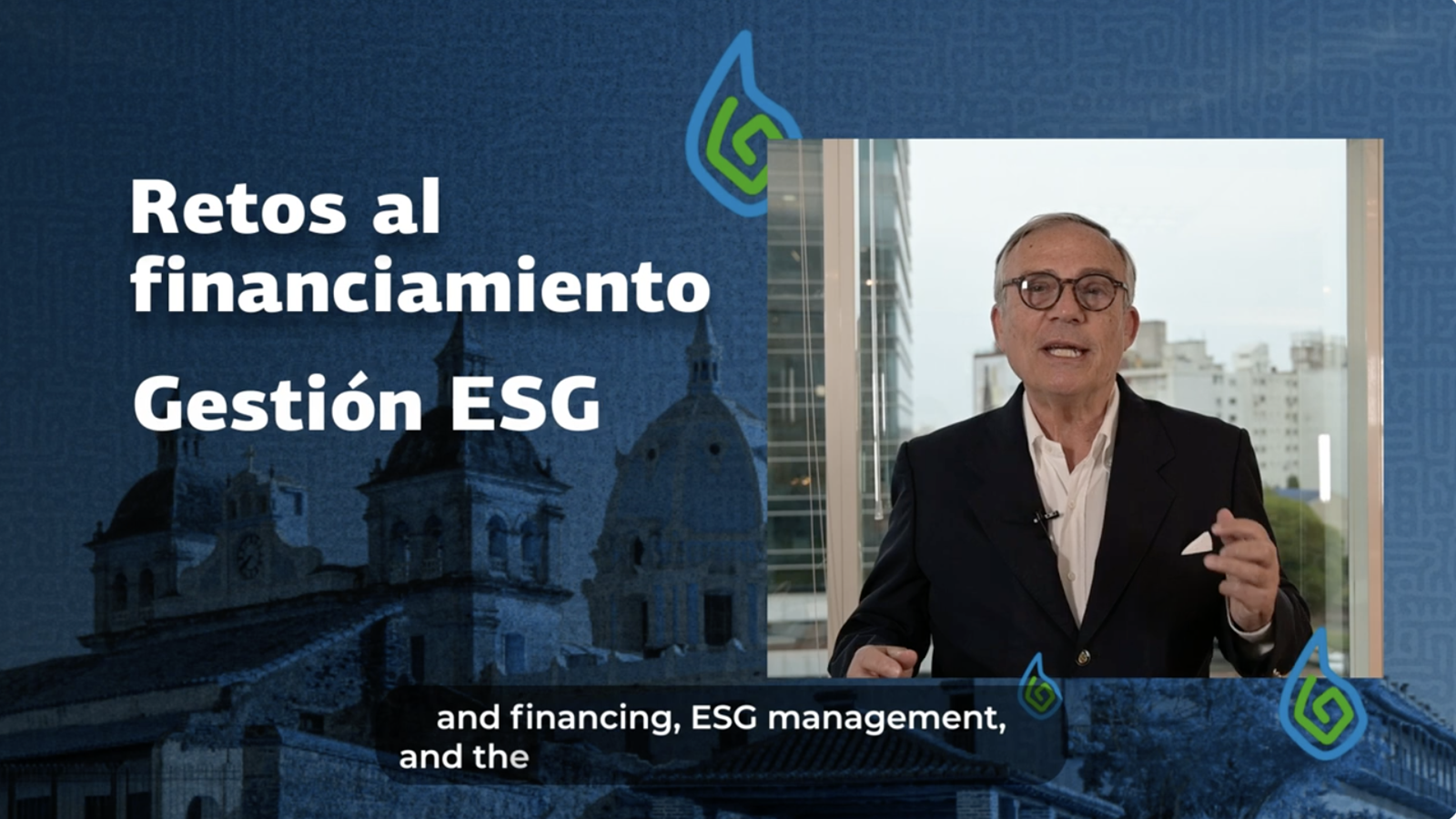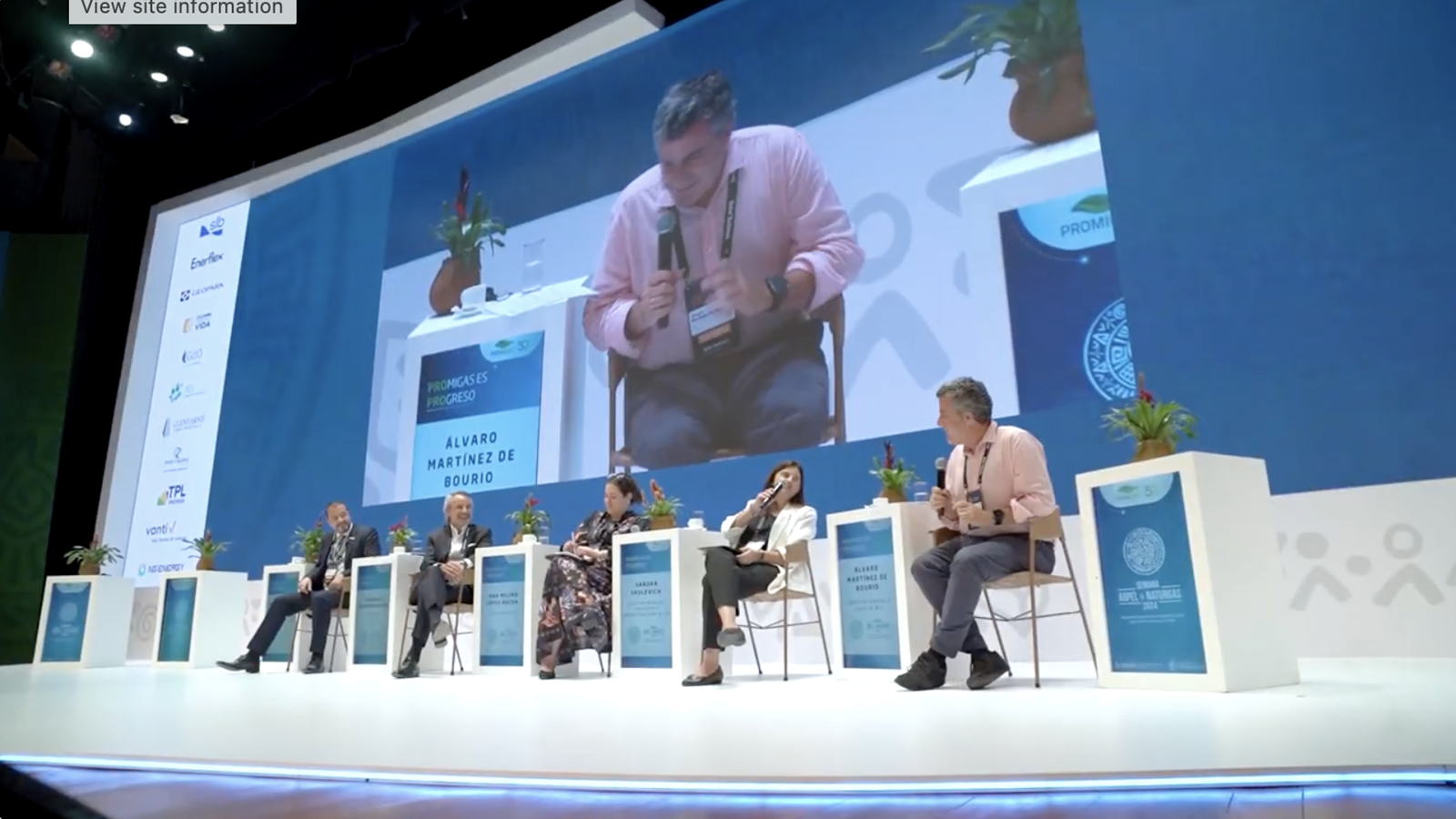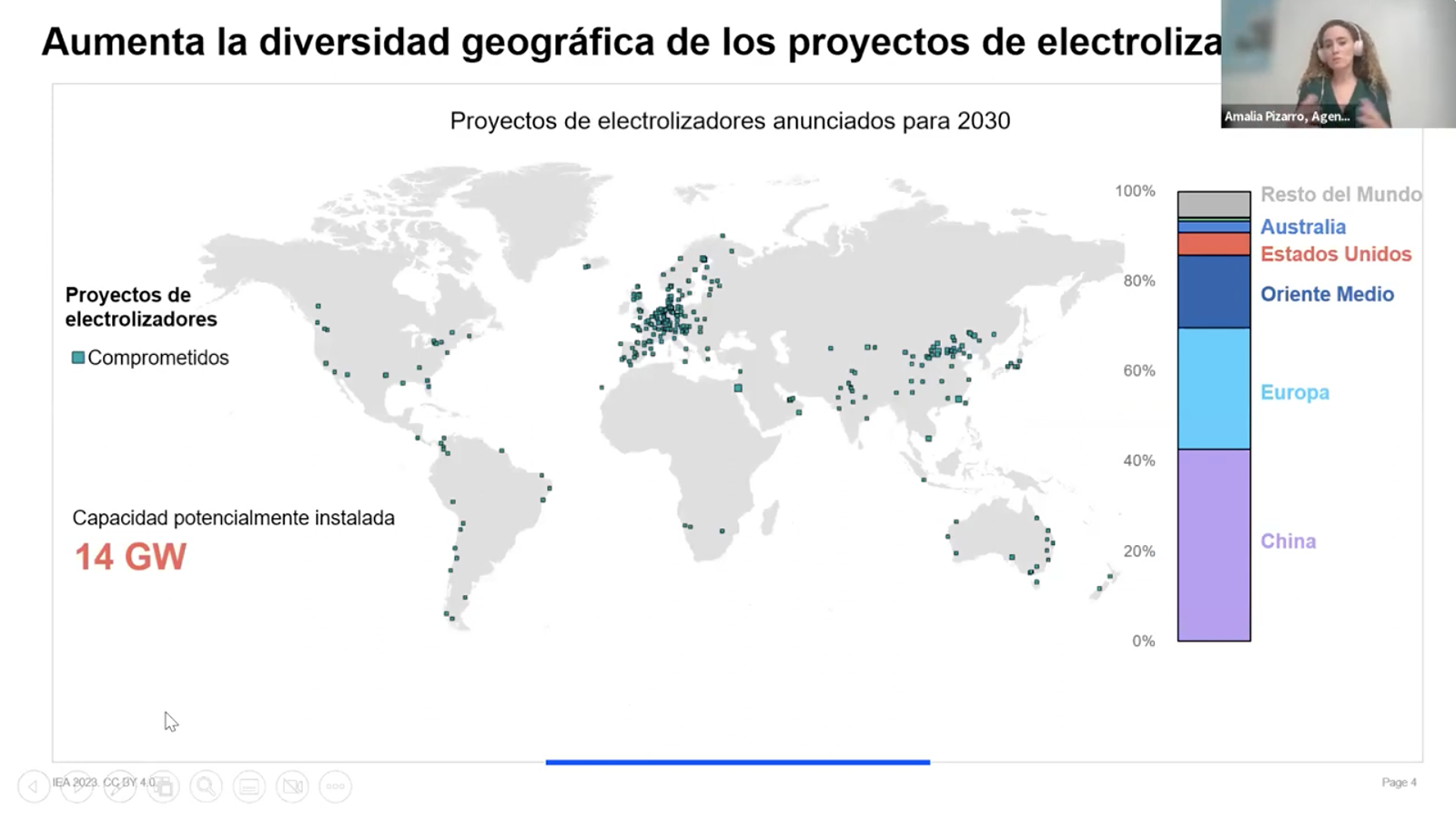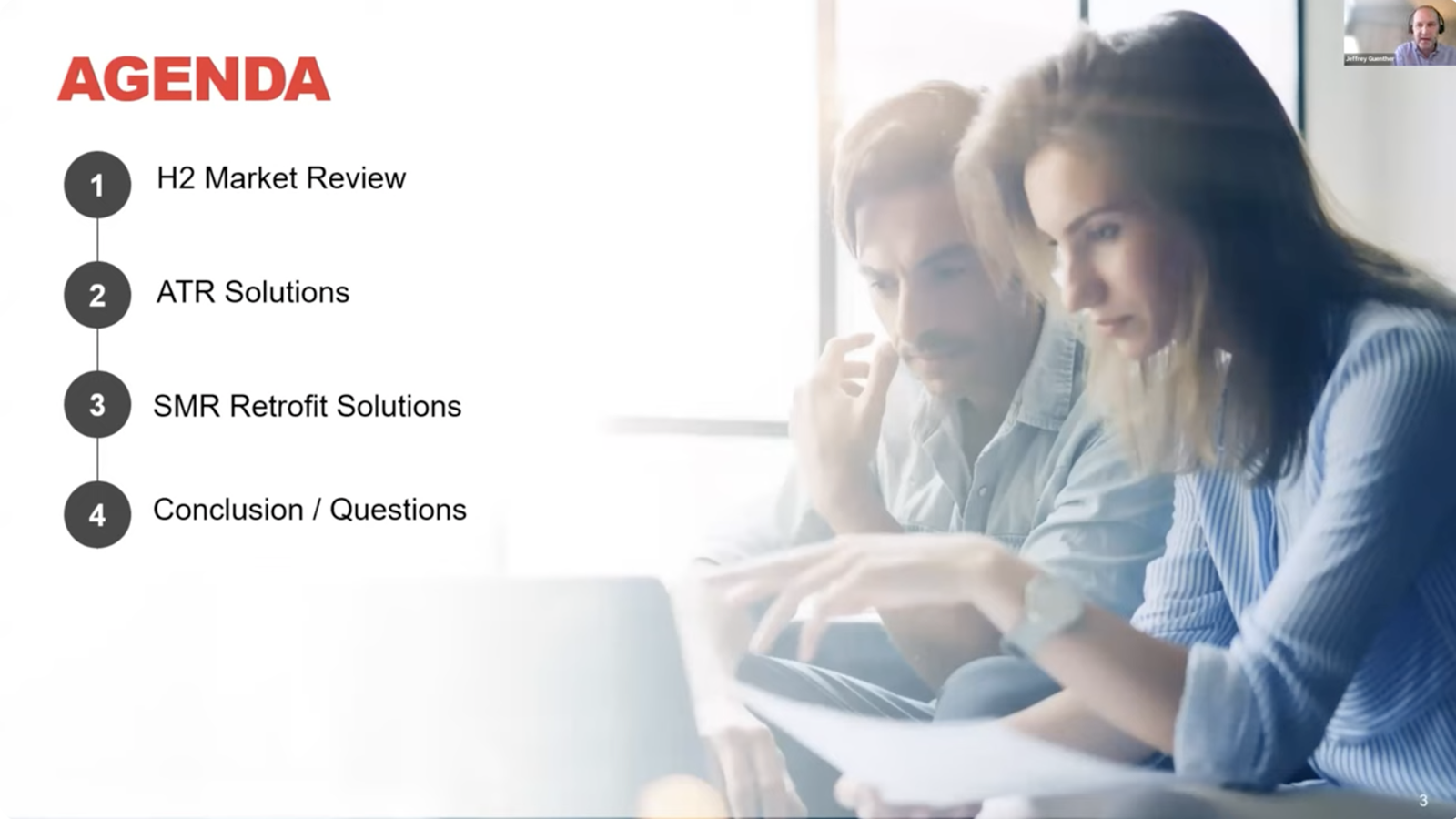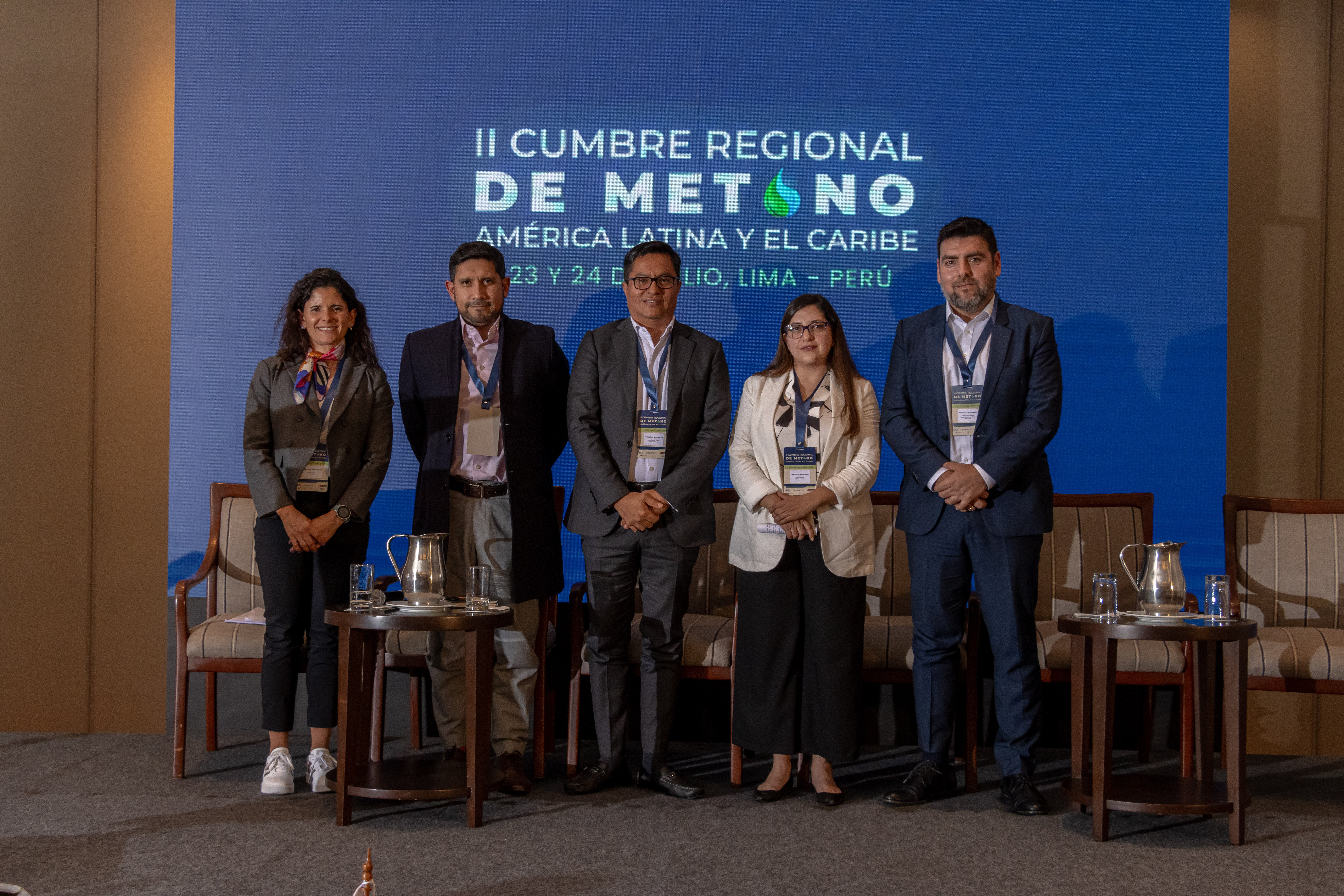
At the end of July, the second Latin American and Caribbean Regional Methane Summit was held in Lima, Peru. It was organized by OLADE in conjunction with the Global Methane Hub, the International Energy Agency, and the Peruvian Ministry of Energy and Mines.
Arpel was part of the event's agenda, which brought together representatives from governments, multilateral organizations, energy sector companies, and academic institutions to exchange experiences and best practices aimed at a comprehensive approach to methane in the oil and gas sector.
In this edition, Irene Alfaro, Senior Managing Director of Arpel, participated in the panel on "Climate Transparency," where she outlined the main challenges facing hydrocarbon companies in the region in complying with international climate transparency standards.
Among them, she highlighted institutional and regulatory fragmentation, limitations in monitoring, reporting, and verification (MRV) systems, restricted access to climate finance, and growing international regulatory pressure.
She also shared the concrete progress made by Arpel and its member companies in implementing methane emissions monitoring and reporting systems.
Among the most significant milestones, she mentioned that the number of companies with Tier 3 emissions inventories—which include direct and continuous measurements—has quadrupled, and that more than 50% of companies now have fully implemented LDAR (Leak Detection and Repair) programs.
In addition, the number of companies with specific corporate methane reduction goals has nearly doubled, and seven of them have joined the international OGMP 2.0 initiative (UNEP's Oil and Gas Methane Partnership 2.0).
On the second day, Alfaro moderated the panel "Corporate Commitments to Reduce Methane Emissions," in which representatives of energy companies in the region shared their voluntary commitments, case studies, and public-private collaboration mechanisms.
